September 3 stands as one of history’s most eventful days, witnessing the rise and fall of empires, groundbreaking discoveries, and moments that shaped our modern world across centuries of human achievement.
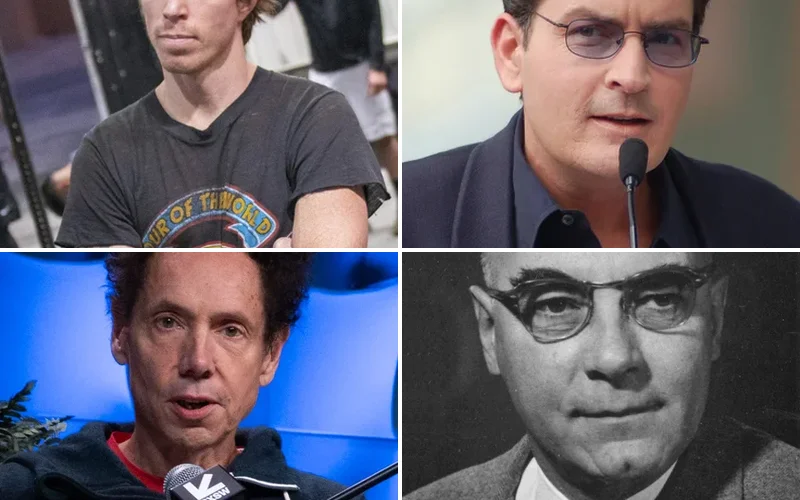
Politics and Government Events on September 3
1939 – Allied Nations Declare War on Germany
France, the United Kingdom, New Zealand and Australia declared war on Germany following the invasion of Poland. This momentous decision formed the foundation of the Allied nations during World War II.
The Viceroy of India also declared war without consulting provincial legislatures. This coordinated response marked the beginning of global opposition to Nazi expansion across Europe.
1914 – Prince William Flees Albania
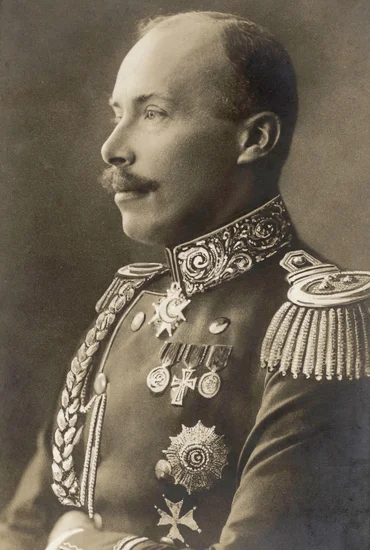
William, Prince of Albania, abandoned his throne after just six months of turbulent rule. Widespread opposition to his governance made his position untenable in the newly formed nation.
The prince’s departure highlighted the political instability plaguing the Balkans. His brief reign demonstrated the challenges facing European monarchs in rapidly changing political landscapes.
1971 – Qatar Gains Independence
Qatar achieved full independence from British colonial rule on this historic date. The small Gulf nation emerged as a sovereign state with vast oil wealth and strategic importance.
The independence marked the end of British protectorate status established decades earlier. Qatar’s transformation from protectorate to independent nation reflected broader decolonization movements across the Middle East.
1981 – UN Women’s Rights Convention Established
The United Nations instituted the Convention on the Elimination of All Forms of Discrimination Against Women. This groundbreaking international bill of rights established fundamental protections for women worldwide.
The convention created binding legal obligations for signatory nations to protect women’s rights. Its implementation marked a watershed moment in the global struggle for gender equality.
1987 – Burundi Military Coup
Major Pierre Buyoya overthrew President Jean-Baptiste Bagaza in a swift military coup d’état. The bloodless takeover changed Burundi’s political trajectory and leadership structure.
Buyoya’s seizure of power reflected ongoing political tensions within the East African nation. The coup demonstrated the fragility of civilian government in post-colonial Burundi.
Military and Naval History on September 3
1914 – Battle of Grand Couronné Begins
German forces launched a major assault against French positions on strategic high ground near Nancy. The battle represented a crucial engagement in the early stages of World War I.
French defenders utilized the elevated terrain to their tactical advantage against advancing German troops. The confrontation would determine control of vital territory in northeastern France.
1916 – First German Airship Shot Down Over Britain

Leefe Robinson destroyed the German airship Schütte-Lanz SL 11 over Cuffley, north of London. This marked the first successful downing of a German airship on British soil.
The victory boosted British morale during the challenging early years of aerial warfare. Robinson’s success demonstrated evolving air defense capabilities against German bombing campaigns.
1939 – Battle of the Atlantic Begins
Britain and France initiated a comprehensive naval blockade of Germany that would last until war’s end. This maritime strategy aimed to strangle German supply lines and economic resources.
The blockade marked the opening phase of the Battle of the Atlantic. Naval warfare would prove decisive in determining the outcome of the European conflict.
1943 – Allied Invasion of Italian Mainland
British and Canadian forces successfully landed on the Italian mainland, opening a new European front. Simultaneously, officials signed the secret Armistice of Cassibile with Italian representatives.
The dual military and diplomatic success accelerated Italy’s withdrawal from the Axis alliance. Allied operations in Italy would divert German resources from other critical theaters.
1944 – Anne Frank’s Final Transport
Anne Frank and her family were placed aboard the last transport train from Westerbork to Auschwitz. The diarist’s journey represented the tragic fate of countless Holocaust victims.
Their three-day journey would end at the notorious concentration camp. Frank’s deportation occurred during the final phase of Nazi persecution in occupied Netherlands.
Science and Discovery Milestones on September 3
1976 – Viking 2 Lands on Mars

The American Viking 2 spacecraft successfully touched down at Utopia Planitia on Mars. This achievement marked humanity’s continued exploration of the Red Planet’s surface.
The landing provided invaluable scientific data about Martian geology and atmosphere. Viking 2’s mission expanded our understanding of planetary conditions beyond Earth.
1935 – Yevgeniy Abalakov Conquers Soviet Peak
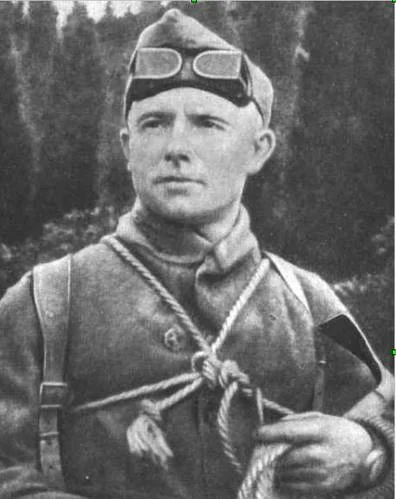
Soviet mountaineer Yevgeniy Abalakov became the first person to reach Communism Peak’s summit at 7,495 meters. The achievement represented the highest point climbed within Soviet territory.
Abalakov’s conquest of the peak demonstrated Soviet mountaineering prowess during the 1930s. The mountain, now called Ismoil Somoni Peak, remains a formidable climbing challenge.
1935 – Malcolm Campbell Breaks 300 MPH Barrier
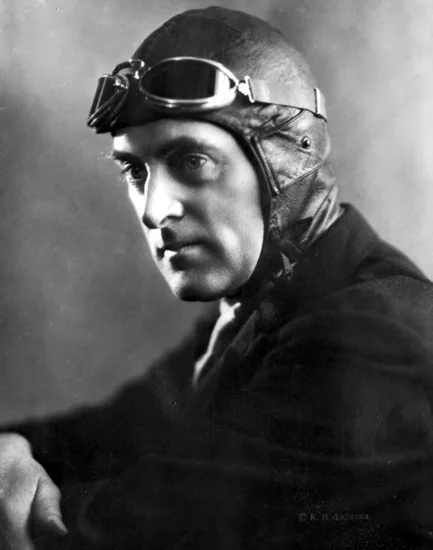
Sir Malcolm Campbell achieved 304.331 miles per hour on Utah’s Bonneville Salt Flats. He became the first person to drive an automobile over 300 mph.
Campbell’s record-breaking run pushed the boundaries of automotive engineering and human courage. His achievement demonstrated the potential of high-speed land vehicle technology.
1925 – USS Shenandoah Disaster
The United States’ first American-built rigid airship was destroyed in an Ohio squall line. Fourteen crew members, including commander Zachary Lansdowne, perished in the catastrophic weather encounter.
The disaster highlighted the dangers of early airship technology in severe weather conditions. USS Shenandoah’s destruction marked a setback for American lighter-than-air aviation development.
Cultural and Arts Events on September 3
1914 – Composer Dies Defending Home
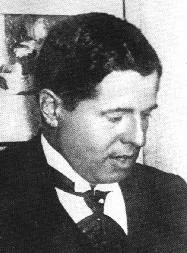
French composer Albéric Magnard was killed while defending his estate against invading German soldiers. The musician’s death represented the cultural losses suffered during World War I.
Magnard’s violent end symbolized the destruction of European artistic life during wartime. His sacrifice demonstrated the personal costs of war on the continent’s creative community.
1967 – Sweden’s Dagen H Traffic Switch
Sweden changed from left-hand to right-hand traffic driving overnight in a massive logistical operation. The switch synchronized Swedish traffic patterns with neighboring European countries.
The complex transition required extensive planning and public education campaigns. Dagen H represented one of the most comprehensive traffic system changes in modern history.
1950 – First Formula One World Champion

Giuseppe “Nino” Farina became Formula One’s inaugural Drivers’ Champion after winning the Italian Grand Prix. His victory established the foundation for modern motorsport competition.
Farina’s championship triumph marked the beginning of Formula One’s golden age. The Italian driver’s success launched decades of international racing excellence and technological innovation.
Religious and Social Events on September 3
1941 – First Zyklon B Experiments

Karl Fritzsch conducted the first experiments with Zyklon B gas at Auschwitz concentration camp. The deputy commandant tested the poison on Soviet prisoners of war.
These horrific experiments marked the beginning of systematic genocide using chemical weapons. Fritzsch’s actions represented the escalation of Nazi persecution into industrialized murder.
1942 – Lakhva Ghetto Uprising

Dov Lopatyn led a desperate uprising in the Lakhva Ghetto in present-day Belarus. The revolt responded to news of the ghetto’s planned liquidation by Nazi forces.
The uprising demonstrated Jewish resistance despite overwhelming odds and limited resources. Lopatyn’s leadership inspired other acts of defiance across Nazi-occupied territories.
2001 – Belfast School Protest Begins
Protestant loyalists initiated a controversial picket of Holy Cross Catholic primary school for girls. The protest highlighted ongoing sectarian tensions in Northern Ireland.
The demonstration targeted young schoolchildren in a deeply disturbing display of religious hatred. The events shocked international observers and damaged Northern Ireland’s peace process.
Business and Economic Events on September 3
2016 – US and China Ratify Paris Climate Agreement
The United States and China formally ratified the Paris global climate agreement. Together, these nations represented 40% of the world’s carbon emissions.
Their joint commitment provided crucial momentum for international climate action. The ratification demonstrated growing consensus on addressing global environmental challenges.
1954 – First Taiwan Strait Crisis Begins
The People’s Liberation Army began shelling Republic of China-controlled Quemoy islands. The military action triggered the first major crisis in the Taiwan Strait.
The bombardment heightened tensions between Communist and Nationalist Chinese forces. International observers feared the conflict might escalate into broader regional warfare.
1945 – China Celebrates Victory Over Japan
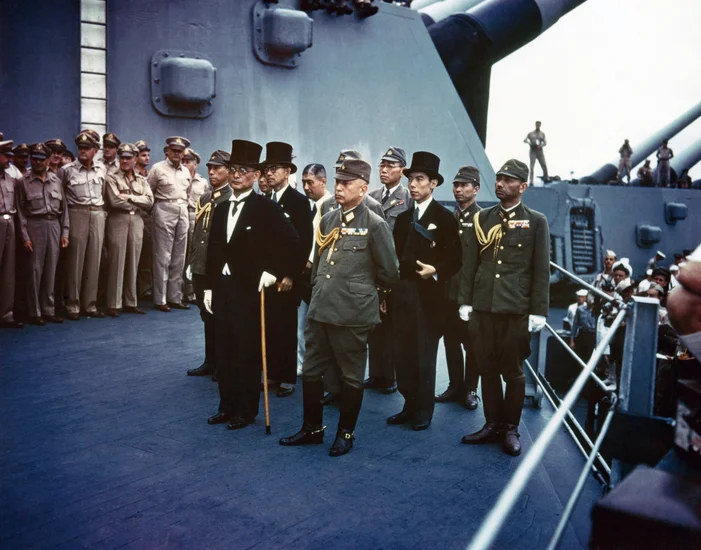
A three-day celebration commenced in China following Victory over Japan Day. The festivities marked the end of brutal Japanese occupation and warfare.
Chinese citizens celebrated their liberation after eight years of devastating conflict. The victory represented a crucial turning point in China’s modern history.
Transportation and Infrastructure on September 3
1911 – Ocean Park Fire Disaster
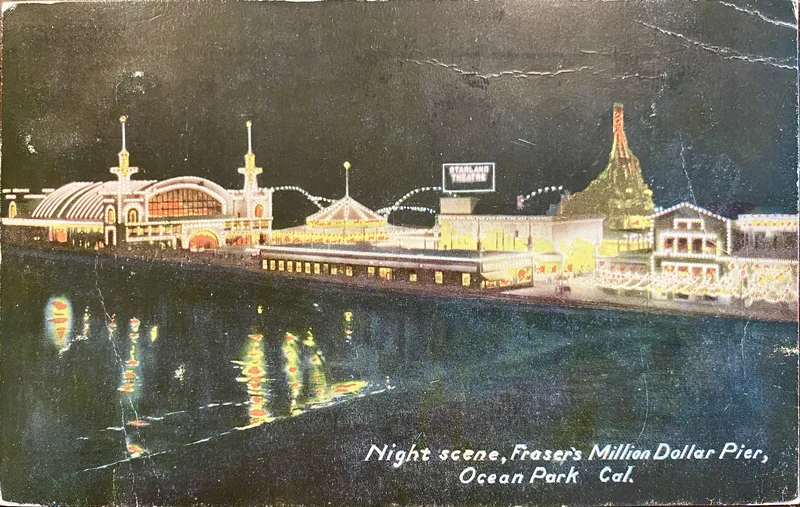
A devastating fire starting on Fraser’s Million Dollar Pier destroyed six to eight city blocks in Ocean Park, California. The massive blaze consumed valuable waterfront infrastructure and businesses.
The fire highlighted the vulnerability of early 20th-century coastal development to rapid-spreading flames. Ocean Park’s destruction necessitated extensive rebuilding of the recreational area.
1989 – Cubana Flight 9046 Crashes

Cubana de Aviación Flight 9046 crashed into a Havana residential area shortly after takeoff. The disaster killed 150 people in one of Cuba’s worst aviation accidents.
The crash occurred near José Martí International Airport, devastating local neighborhoods. The tragedy highlighted aviation safety concerns in developing countries during the 1980s.
1989 – Varig Flight 254 Amazon Crash

Varig Flight 254 crashed in the Amazon rainforest near São José do Xingu in Brazil. Twelve people died in the remote jungle accident.
The crash demonstrated the challenges of aviation navigation over vast wilderness areas. Emergency response proved difficult due to the aircraft’s isolated location.
Sports and Recreation on September 3
1950 – Giuseppe Farina Wins First Formula One Championship

Giuseppe “Nino” Farina captured the inaugural Formula One Drivers’ Championship at the Italian Grand Prix. His victory established the foundation for modern international motorsport competition.
Farina’s triumph marked the beginning of Formula One’s legendary status in global racing. The Italian driver’s success launched decades of technological innovation and sporting excellence.
2004 – Beslan School Siege Tragedy

The Beslan school siege concluded with over 330 fatalities, including 186 children. The terrorist attack shocked the world with its targeting of innocent schoolchildren.
The tragedy highlighted the vulnerability of educational institutions to extremist violence. Beslan’s suffering became a symbol of terrorism’s devastating impact on civilian populations.
2007 – Steve Fossett Disappears

Renowned aviator Steve Fossett disappeared during a solo flight over Nevada. His vanishing marked the mysterious end of a record-breaking adventure career.
Fossett had achieved numerous aviation and sailing records throughout his lifetime. His disappearance sparked extensive search efforts across the American West.
Notable Births on September 3
1905 – Carl David Anderson Born
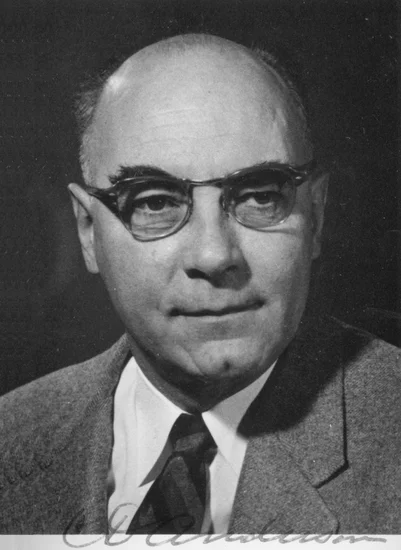
American physicist Carl David Anderson entered the world in New York City. His early fascination with atomic particles would shape his groundbreaking scientific career.
Anderson would later discover the positron, earning him the Nobel Prize in Physics. His work fundamentally advanced our understanding of antimatter and particle physics.
1913 – Alan Ladd Born
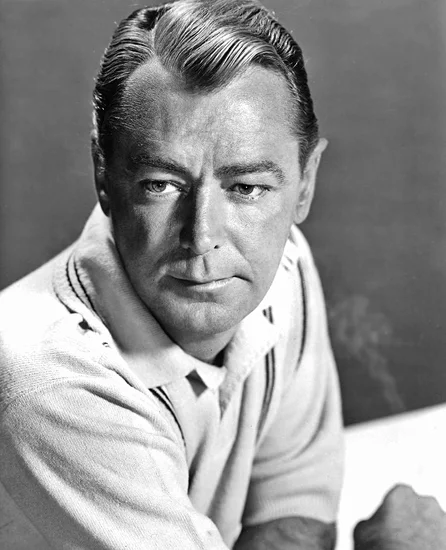
American actor Alan Ladd was born in Hot Springs, Arkansas. His childhood poverty motivated his determination to succeed in Hollywood entertainment.
Ladd would become a major film star known for his roles in westerns and film noir. His distinctive screen presence made him one of the 1940s’ most recognizable actors.
1925 – Anne Jackson Born

American actress Anne Jackson was born in Millvale, Pennsylvania. Her early theatrical training prepared her for a distinguished stage and screen career.
Jackson would become renowned for her dramatic performances and long marriage to actor Eli Wallach. Her contributions to American theater spanned over five decades.
1929 – Whitey Bulger Born

American organized crime boss James “Whitey” Bulger was born in Boston, Massachusetts. His early life in South Boston shaped his future criminal enterprises.
Bulger would become one of America’s most notorious gangsters and FBI informants. His criminal career terrorized Boston for decades before his eventual capture.
1947 – Mario Draghi Born

Italian banker and economist Mario Draghi was born in Rome. His academic excellence in economics prepared him for influential financial leadership roles.
Draghi would serve as President of the European Central Bank and Italian Prime Minister. His economic policies helped stabilize Europe during multiple financial crises.
1963 – Malcolm Gladwell Born

Canadian journalist and author Malcolm Gladwell was born in Fareham, Hampshire, England. His intellectual curiosity would drive his future success in popular social science writing.
Gladwell would become renowned for books like “The Tipping Point” and “Outliers.” His work bridges academic research and accessible public understanding of complex social phenomena.
1965 – Charlie Sheen Born
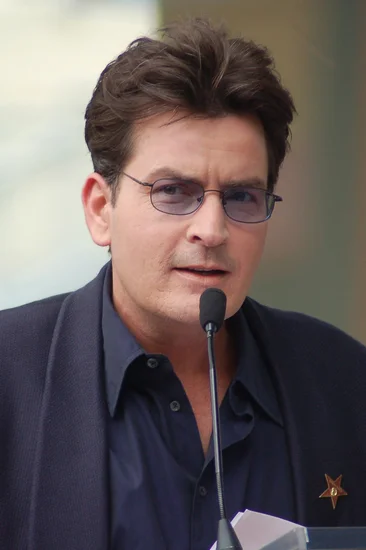
American actor Charlie Sheen was born in New York City to actor Martin Sheen. His Hollywood upbringing provided early exposure to the entertainment industry.
Sheen would achieve fame in films like “Platoon” and the television series “Two and a Half Men.” His career combined significant success with highly publicized personal struggles.
1969 – Noah Baumbach Born

American filmmaker Noah Baumbach was born in Brooklyn, New York. His early exposure to literature and film shaped his distinctive directorial voice.
Baumbach would create acclaimed films like “The Squid and the Whale” and “Marriage Story.” His work explores contemporary American family dynamics with wit and emotional depth.
1986 – Shaun White Born

American snowboarder and skateboarder Shaun White was born in San Diego, California. His childhood athletic abilities would lead to unprecedented success in extreme sports.
White would become a three-time Olympic gold medalist and cultural icon. His achievements helped elevate snowboarding from niche sport to mainstream entertainment.
Notable Deaths on September 3
1948 – Edvard Beneš Dies
Czech statesman Edvard Beneš died in Sezimovo Ústí, Czechoslovakia. He had served as the country’s second president during turbulent interwar and wartime periods.
Beneš led Czechoslovakia through Nazi occupation and attempted postwar reconstruction. His death marked the end of an era in Central European democratic leadership.
1962 – E. E. Cummings Dies

American poet E. E. Cummings died in North Conway, New Hampshire. His innovative typography and unconventional style revolutionized modern American poetry.
Cummings created over 2,900 poems that challenged traditional literary conventions. His experimental approach influenced generations of poets and writers worldwide.
1970 – Vince Lombardi Dies

Legendary football coach Vince Lombardi died in Washington, D.C. His innovative coaching methods and leadership philosophy transformed professional football.
Lombardi led the Green Bay Packers to five NFL championships during the 1960s. His name adorns the Super Bowl trophy, cementing his legacy in American sports.
1991 – Frank Capra Dies
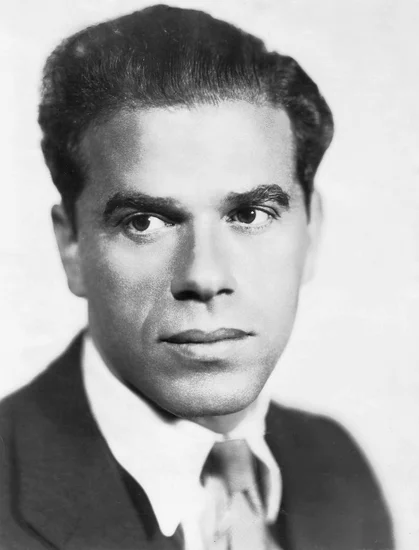
Italian-American film director Frank Capra died in La Quinta, California. His optimistic films captured the American spirit during the Great Depression and World War II.
Capra directed classics like “It’s a Wonderful Life” and “Mr. Smith Goes to Washington.” His work earned multiple Academy Awards and lasting cultural influence.
2001 – Pauline Kael Dies

Influential film critic Pauline Kael died in Great Barrington, Massachusetts. Her passionate, conversational writing style revolutionized American film criticism.
Kael’s reviews in The New Yorker shaped public taste and academic film discourse. Her fearless opinions and literary skill elevated film criticism to an art form.
2005 – William Rehnquist Dies

Chief Justice William Rehnquist died in Arlington, Virginia. His conservative judicial philosophy significantly influenced American constitutional law for three decades.
Rehnquist served on the Supreme Court for 33 years, including 19 as Chief Justice. His leadership shaped landmark decisions on federalism, civil rights, and presidential power.
2012 – Michael Clarke Duncan Dies

American actor Michael Clarke Duncan died in Los Angeles, California. His imposing physical presence and gentle demeanor made him a beloved Hollywood figure.
Duncan earned an Academy Award nomination for “The Green Mile” and appeared in numerous action films. His career demonstrated the power of perseverance in achieving Hollywood success.
2012 – Sun Myung Moon Dies
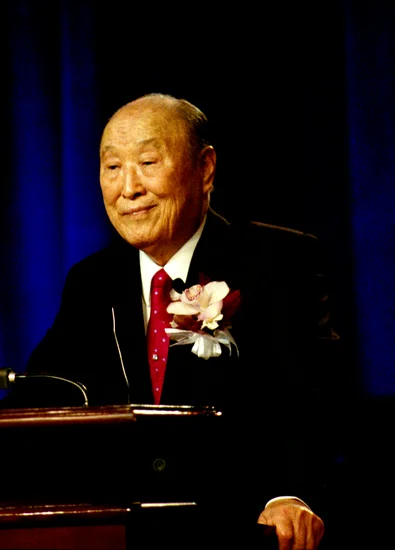
Korean religious leader Sun Myung Moon died in Gapyeong County, South Korea. He founded the Unification Church and built a global religious and business empire.
Moon’s controversial teachings and mass wedding ceremonies attracted international attention. His death marked the end of one of the 20th century’s most influential religious movements.
Holidays and Observances on September 3
Independence Day Qatar
Qatar celebrates its Independence Day, commemorating the nation’s freedom from British protectorate status in 1971. The holiday marks Qatar’s emergence as a sovereign state in the Persian Gulf.
Citizens participate in parades, cultural festivals, and patriotic ceremonies throughout the country. The celebration highlights Qatar’s rapid transformation from British protectorate to modern nation.
Flag Day Australia
Australia observes Flag Day, honoring the national flag and its symbolism. The day celebrates Australian identity and national pride through flag-raising ceremonies.
Schools and government buildings display the Australian flag prominently during official observances. The holiday strengthens connections between citizens and their national symbols.
Feast of San Marino
San Marino celebrates its national day, commemorating the republic’s foundation in 301 CE. The tiny nation claims to be the world’s oldest surviving republic.
Citizens participate in traditional festivals, parades, and cultural events throughout the city-state. The celebration honors San Marino’s unique history and enduring independence.
Merchant Navy Day United Kingdom
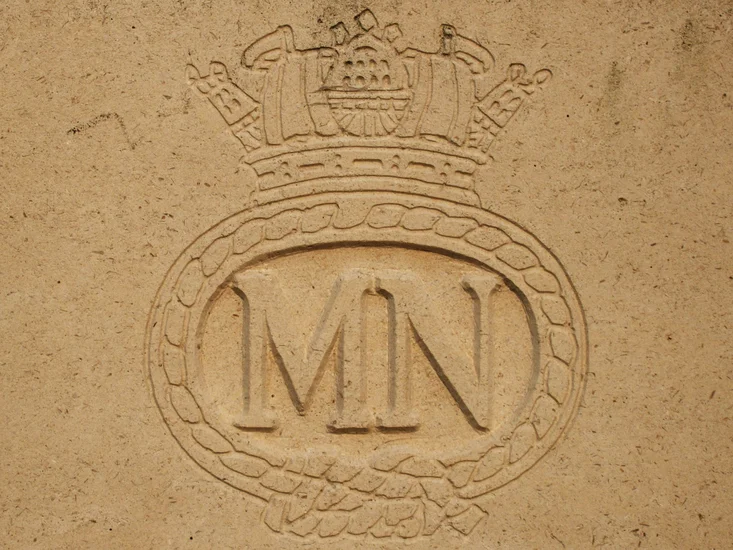
The United Kingdom honors its merchant navy and maritime heritage on this day. The observance recognizes the crucial role of civilian sailors in national defense and commerce.
Memorial services and flag ceremonies commemorate merchant sailors who died in wartime service. The day highlights the often-overlooked contributions of civilian maritime workers.
V-J Day People’s Republic of China
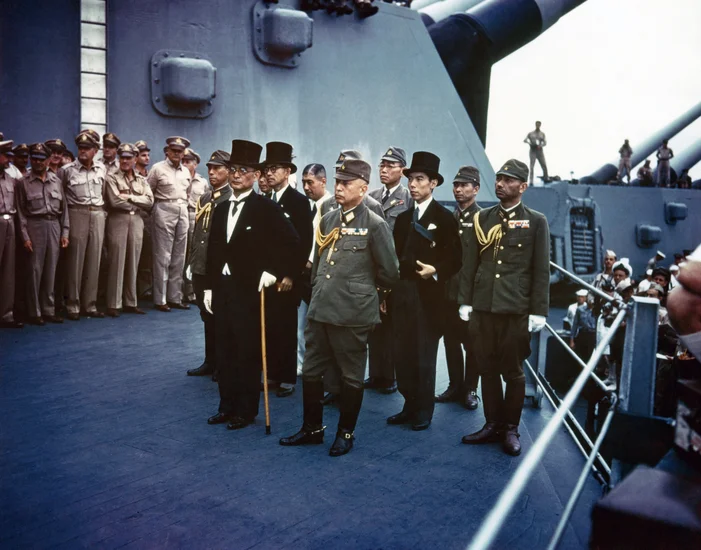
China commemorates Victory over Japan Day, marking the end of World War II in the Pacific. The holiday celebrates China’s liberation from Japanese occupation and aggression.
Government ceremonies and public events honor the sacrifices made during the war against Japan. The observance reinforces national unity and remembrance of wartime suffering.
